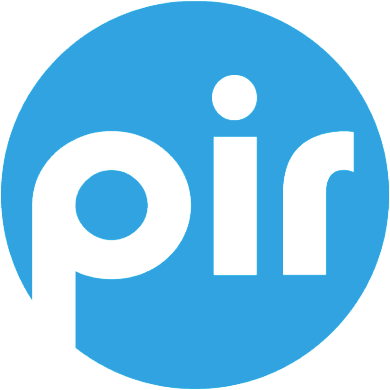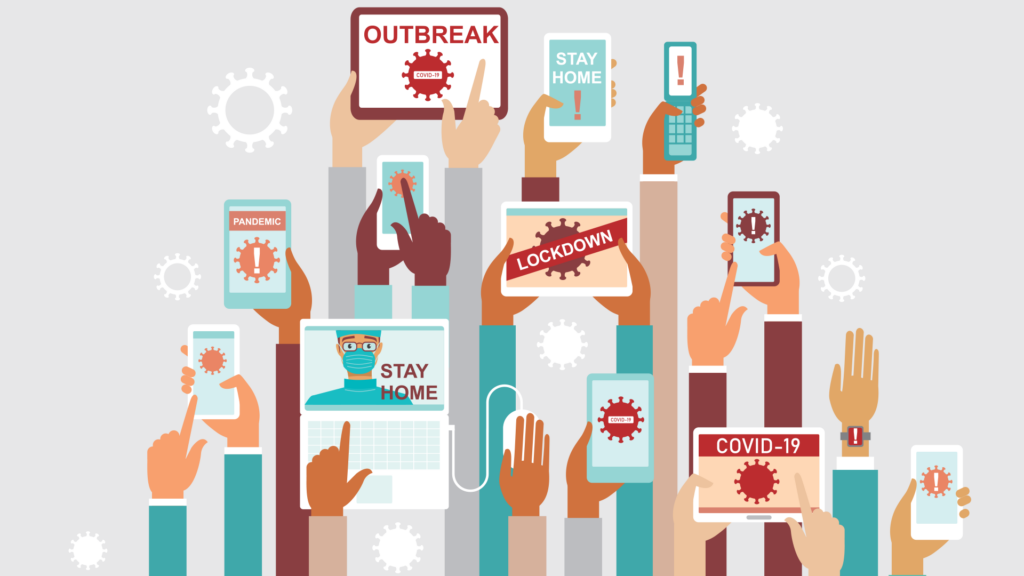by Jim LeFevre, PIR Senior Director of Marketing
Business as usual is anything but right now. Non-profits and businesses alike are searching for what’s appropriate to say and do. How do we adjust communications strategy to fit the new normal? How do we reach out to members and donors in a positive and appropriate way? Is fundraising even advisable right now? What can be done about live events that have to move online?
Emily Goodstein is the founder and CEO of Greater Good Strategy, a Washington D.C.-based digital marketing and fundraising consultancy that helps non-profits and good-for-the-world companies thrive online. “We’re all navigating the migration from IRL to URL,” says Goodstein. So, how do we stay in touch and add value during this challenging time? Here are Goodstein’s Top Five Tips for Better Covid-19 Communication:
Strategize Sensibly
While many of us plan our fundraising and editorial calendars weeks, months, and even years in advance, now is the time to be nimble. Goodstein suggests gathering the team more often (virtually, of course) and instituting a fifteen-minute daily catch-up, first thing in the morning, if possible. It’s a way to connect and to stay on top of organizational, national, and worldwide updates. In addition, she recommends strategizing for smaller chunks of time, two to three days at the most, while the situation continues to evolve at such a quick pace.
What’s critical to consider when creating your strategy? See the next four tips…
Set the Right Tone
You want to acknowledge what is happening in a thoughtful way. Take a moment to review all pre-scheduled content, including welcome emails, automatic replies, and donor thank you notes. Check the tone of both written and graphic communications and ask yourself, “Do these messages still work right now?” Revise anything that feels too alarmist, cavalier, or cute, Goodstein advises. Decide which messages and images feel most fitting and consider putting them in a tone guidelines document to share with your team.
Stay Social
“The way people consume media is changing overnight,” says Goodstein. She adds, “screen time on social is way up,” as people are freed of the constraints of a typical workday. This is an opportunity for organizations to be agile and increase posts, letting your members and donors know you’re there, and still working for them during this time. Rather than posting once a week, consider posting five to six times per month. “Information is shifting rapidly, and updates are needed,” Goodstein points out. “Your audience may no longer be listening to the news on their morning commute, but there are so many more eyeballs on Facebook and Instagram.”
Take Names
Fundraising will necessarily look different for some time. For some organizations, especially those not on the front lines, or advocating or connected to serving those who are, direct fundraising may be difficult until the worst of the crisis abates. But that doesn’t mean you can’t continue to rally support. “Growing your email list is a powerful thing to do right now,” says Goodstein. Increasing your contact list can go a long way to increasing membership and donor bases. “byYou can create a helpful PDF or one-sheeter that folks can access by inputting their emails,” says Goodstein. Especially as more outreach work moves online, keep in mind that it’s important for organizations to comply with all applicable privacy and other regulations when building and using your contact database.
Continue to Connect
As many are sheltering in place, technology has, understandably and necessarily overtaken in-person interaction. Goodstein says that while tech is a blessing during these times, we have to remember that “we lose some of our EQ, or Emotional Quotient,” when we rely on it. Communications teams can focus on relationship building in innovative ways to combat the lack of warmth technology reliance can bring. For example, texting major donors to check in and see how they’re doing. Or using old fashioned phone calling more. Again, keeping in mind the importance of using personal information in line with privacy and other regulations. One Greater Good Strategy client who had to cancel their annual fundraising gala, moved it to a virtual platform, like many may need to do. They made it more human, by creating a phone-in “welcome desk,” which attendees could reach out to and go over meeting agendas and individual breakout rooms.
Here at Public Interest Registry, we understand the myriad of challenges associated with the Covid-19 crisis. While organizations of all kinds are confronting and finding solutions to new challenges during these unprecedented times, together we welcome new opportunities to serve, reach out, and grow. We hope these hints have been helpful to you. Please remember that we, the .ORG community, are #allinthistogether.

